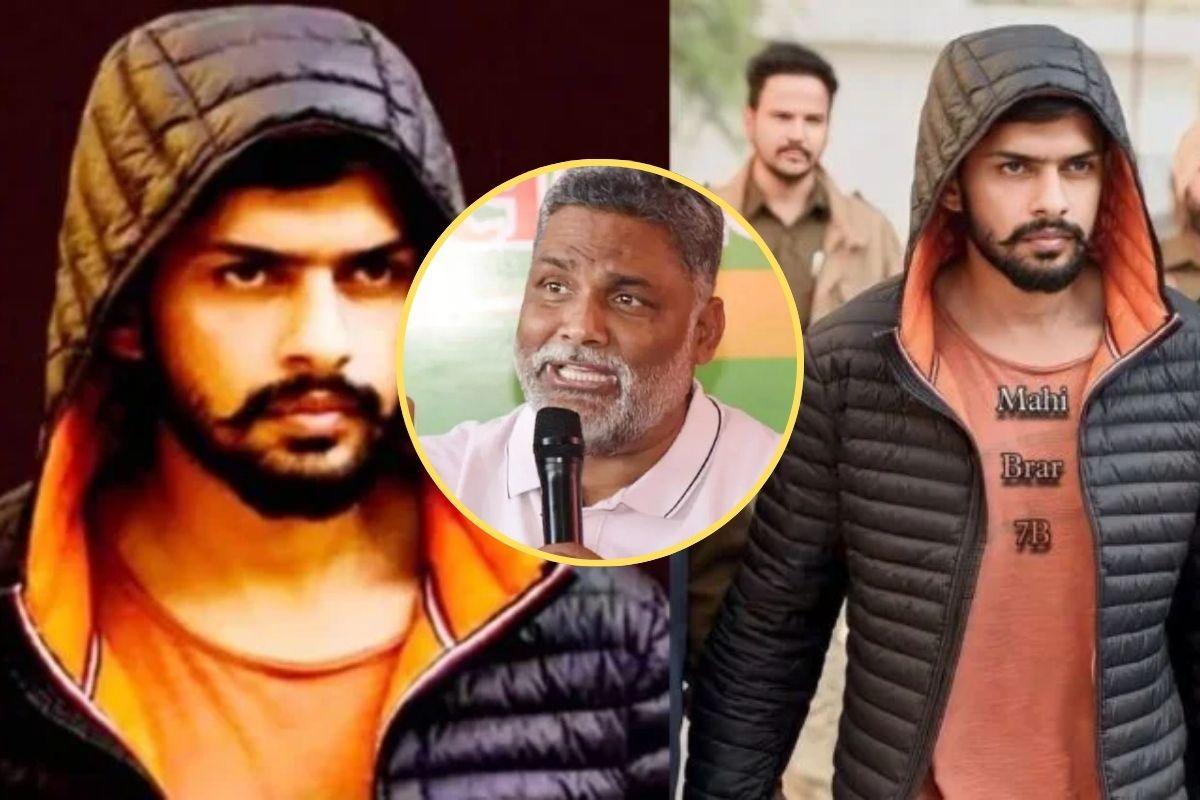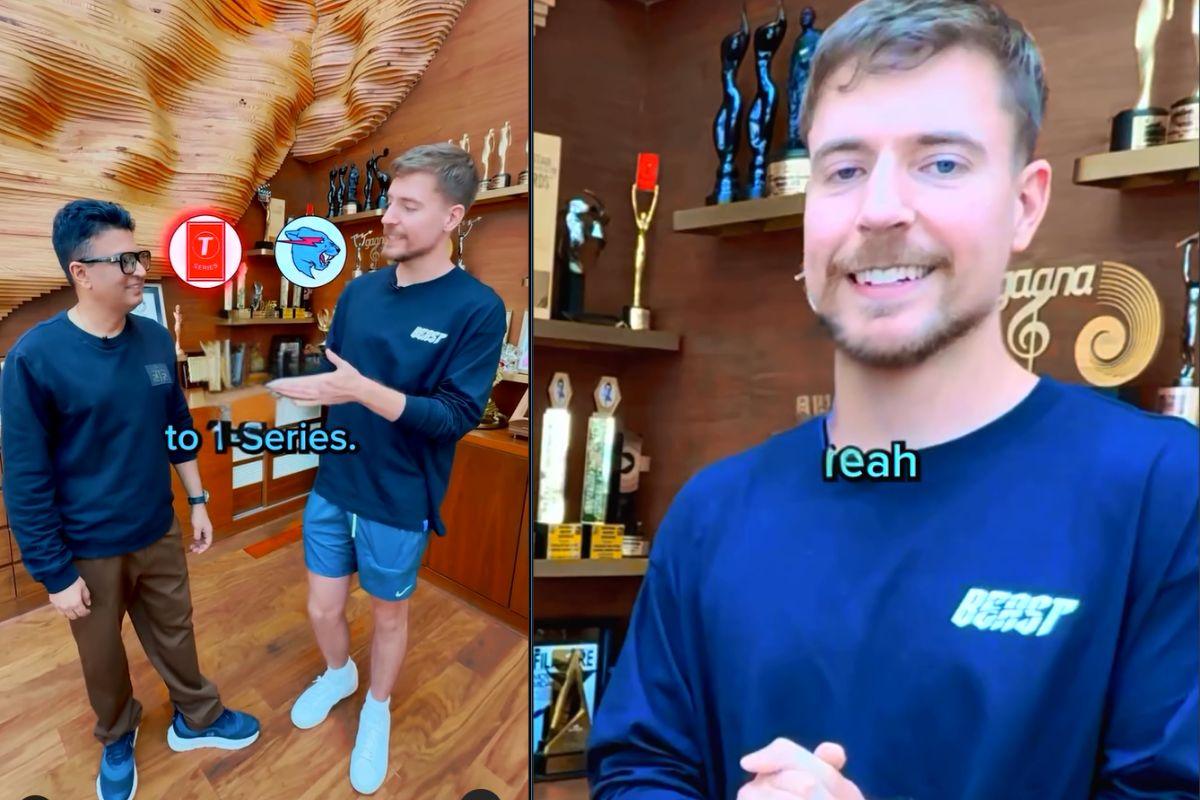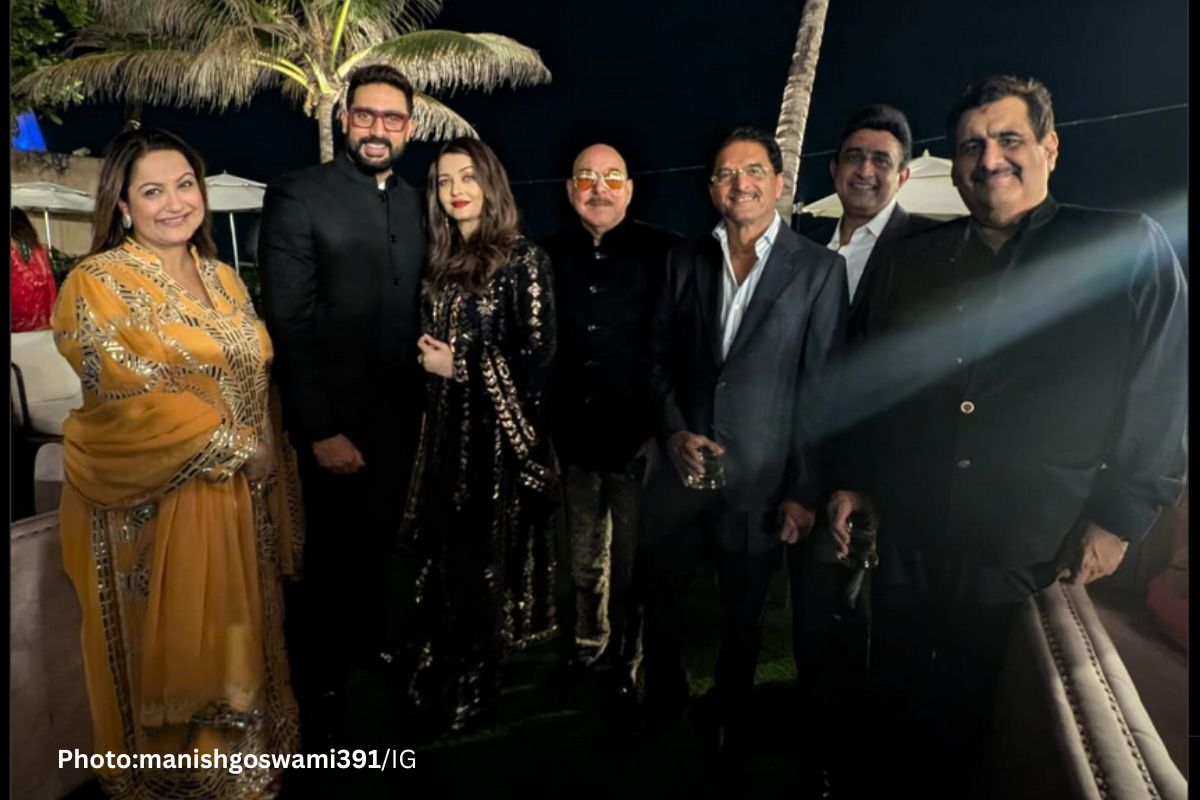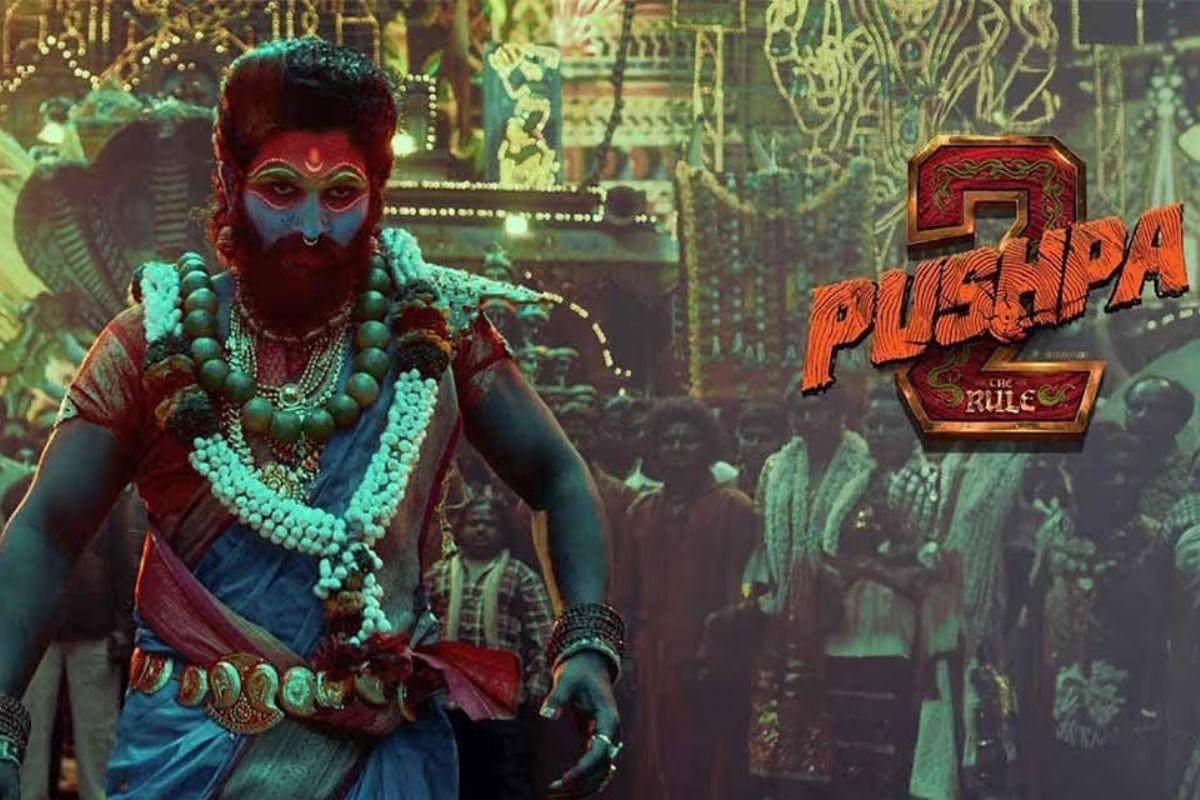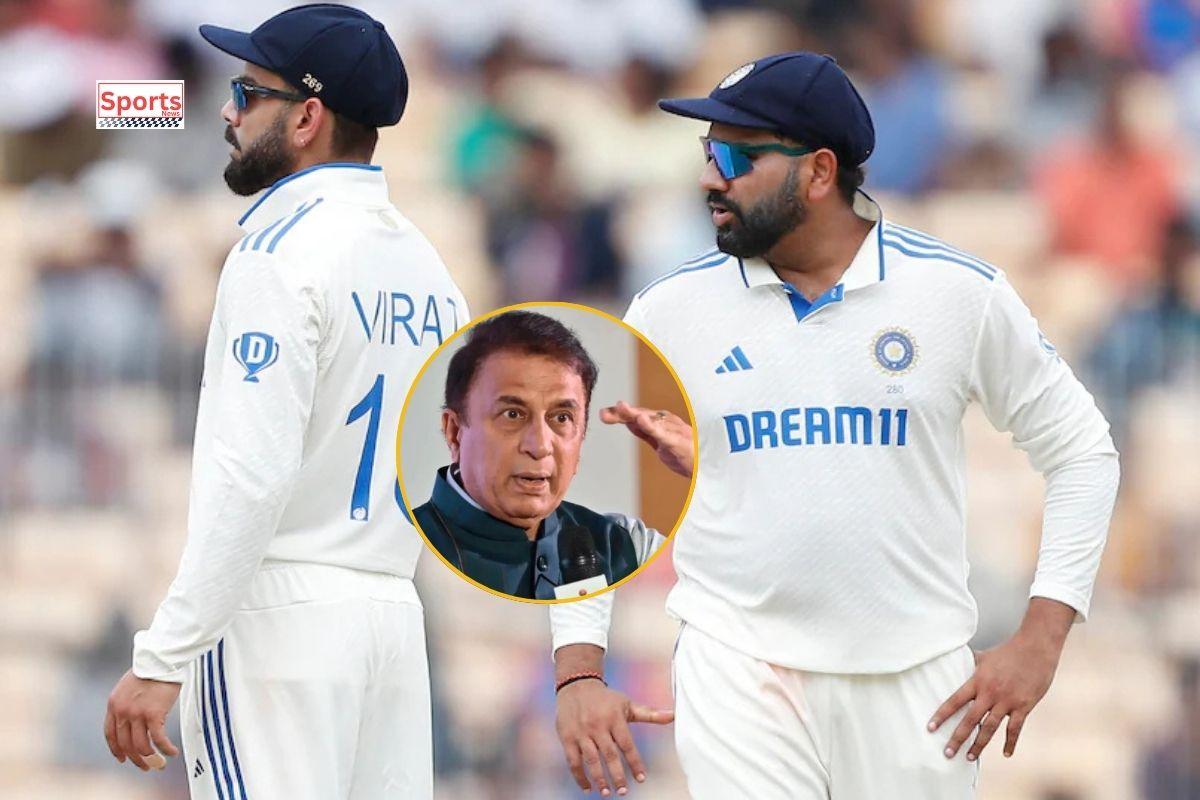Pappu Yadav challenges Lawrence Bishnoi’s gang after Baba Siddique’s murder. Explore insights on organized crime in India and the implications for law enforcement.
In the wake of the shocking murder of Baba Siddique, a prominent politician and businessman, Pappu Yadav, a Member of Parliament from Purnea, has made headlines with a daring claim. He stated that he could dismantle Lawrence Bishnoi’s notorious gang within 24 hours if permitted by law. This audacious statement has ignited discussions about the current state of organized crime in India and the effectiveness of law enforcement.
Background on Lawrence Bishnoi and His Gang
Lawrence Bishnoi, currently incarcerated in Sabarmati Central Jail, is a well-known figure in India’s criminal underworld. His gang is infamous for its extensive network that spans across multiple states, including Punjab, Haryana, Delhi, and Rajasthan. The gang is reported to have over 600 shooters at its disposal and has been involved in various criminal activities such as extortion, drug smuggling, and high-profile murders.
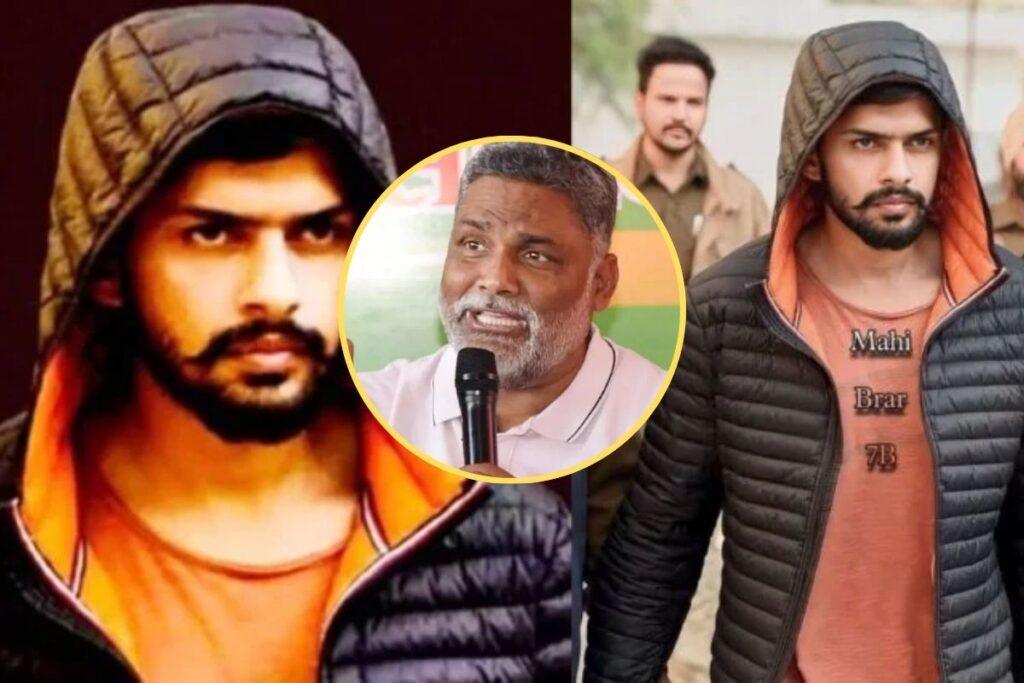
Bishnoi’s criminal career took off following the alleged murder of his girlfriend, which marked his descent into organized crime. Despite being behind bars, he continues to orchestrate operations through his associates like Goldie Brar and Anmol Bishnoi. The National Investigation Agency (NIA) has linked him to several serious crimes and filed charges under the Unlawful Activities Prevention Act (UAPA), underscoring the threat he poses.
The Murder of Baba Siddique
Baba Siddique’s assassination has brought renewed attention to Bishnoi’s gang. Siddique, a former Maharashtra minister and influential figure with ties to Bollywood, was gunned down in Mumbai. Following this incident, members of Bishnoi’s gang claimed responsibility for the murder, citing personal vendettas against Siddique due to his connections with Salman Khan—who has been targeted by the gang in the past.
The murder is seen as a significant escalation in the gang’s violent tactics and has raised alarms among law enforcement agencies about their ability to control such organized crime syndicates.
Pappu Yadav’s Statement: A Call to Action
In response to Siddique’s murder, Pappu Yadav took to social media to express his outrage. He criticized the government for its inability to manage rising crime rates and offered a bold challenge:
“If the law allows me, I will finish off Lawrence Bishnoi and his entire network within 24 hours.”
Yadav’s statement reflects not only his frustration with the current state of law enforcement but also highlights a growing sentiment among politicians regarding public safety and accountability. His declaration has sparked discussions on social media and among political circles about the role of politicians in combating organized crime.
read more: New Controversy? Divya Khosla Posts Story About Alia Bhatt’s New Movie Jigra
Public Reaction and Political Implications
Yadav’s comments have elicited mixed reactions from various quarters. Supporters praise him for taking a stand against organized crime, while critics question whether such statements are merely political posturing without actionable plans.
The BJP has also weighed in on Yadav’s statement, using it as an opportunity to critique the opposition parties for their perceived failure to address crime effectively. This incident underscores a broader narrative in Indian politics where crime and governance intersect.
Challenges Facing Law Enforcement
The challenges faced by law enforcement agencies in tackling gangs like that of Lawrence Bishnoi are multifaceted:
- Corruption: Allegations of corruption within police forces often hinder effective action against organized crime.
- Inadequate Resources: Many police departments lack the necessary resources—both financial and manpower—to combat well-funded gangs.
- Legal Constraints: Laws governing arrests and detentions can limit police actions against criminals operating from behind bars.
- Gang Influence: The influence of gangs extends beyond mere crime; they often infiltrate local politics and business sectors, complicating law enforcement efforts.
As seen in the case of Lawrence Bishnoi, even when incarcerated, criminals can maintain significant control over their operations through technology and communication networks established by associates outside prison walls.
The Future of Organized Crime in India
The situation surrounding Lawrence Bishnoi’s gang raises critical questions about the future landscape of organized crime in India:
- Will politicians like Pappu Yadav take actionable steps beyond rhetoric?
- Can law enforcement agencies adapt quickly enough to dismantle such entrenched networks?
- What reforms are necessary to empower law enforcement while ensuring civil liberties?
As India grapples with these issues, it remains crucial for both political leaders and law enforcement agencies to collaborate effectively. Public safety must be prioritized through comprehensive strategies that include community engagement, technological advancements in policing, and legislative reforms aimed at curbing organized crime.
Conclusion
Pappu Yadav’s bold claim to dismantle Lawrence Bishnoi’s gang within 24 hours highlights a growing frustration with organized crime in India. As high-profile murders continue to shake public confidence in safety measures, it becomes imperative for politicians and law enforcement alike to take tangible steps toward addressing these challenges. The fate of many lies in how effectively these entities can work together to combat the pervasive influence of gangs like that of Bishnoi.
Discover more from RVCJ News Media
Subscribe to get the latest posts sent to your email.
